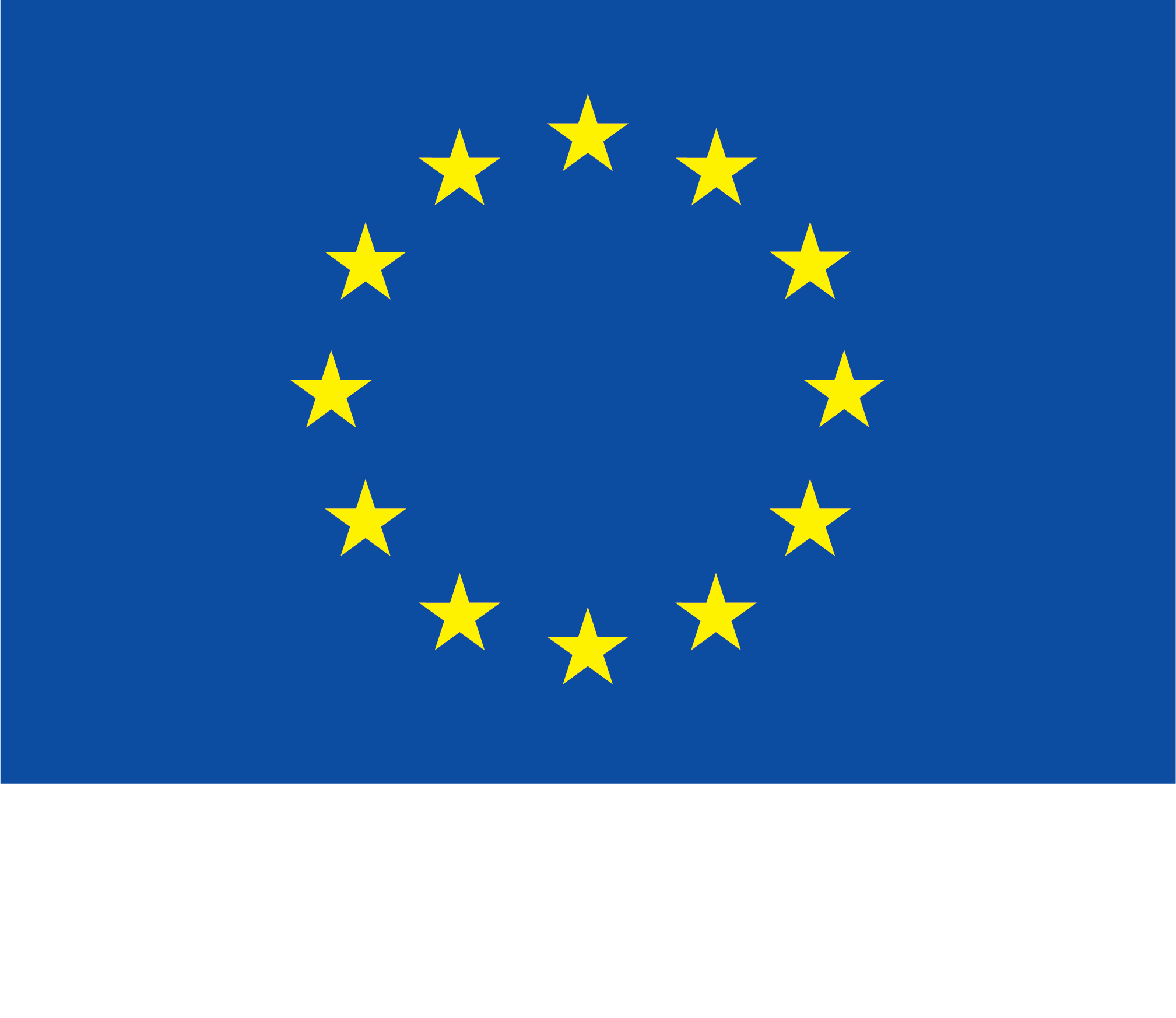Didactic and scientific function
Didactic function
The range of humanities subjects includes a full (from antiquity to the present) lecture on the history of philosophy and history of art, as well as lectures on cultural history, aesthetics and philosophy of music. For those studying in English, there is also a lecture on Chosen Aspects of Polish Culture and Sound and Image.
The University's offer also include coursework in three foreign languages: English, French and German. In the case of first degree studies, the lectures end with an exam at the B2 level, and in second degree studies with a B2+ exam, covering specialized musical vocabulary depending on the specialty.
In addition, in the specialties of solo singing, solo singing and acting, and symphonic and opera conducting, Italian language classes are taught as a major subject, and for foreign students and Erasmus program scholarship holders, Polish language classes are taught. The Study's lecturers also teach classes in language phonetics in the specialties of solo singing, solo singing and acting, and choral vocalism.
Scientific function
Employees of the University are academically active in the disciplines they represent: philosophy, philosophy of music, theory and history of music culture, aesthetics, art history, literary studies, translation studies, librettology and linguistics. They regularly publish, edit and participate in conferences. The scope of their research mainly covers interdisciplinary issues, which is particularly important and valuable for Our University, as it allows them to enrich the musical discourse with content that correlates with music in various ways.
The scientific activities of the Unit's Employees were and still are interdisciplinary in nature. From the publications of retired Pedagogues realized by the UMFC Publishing House, we can mention, for example, two volumes edited by M. Demska-Trębacz Z pogranicza muzyki-tańca-plastyki (From the borderland of music-dance-art) (2007) oraz Dla dobra i chwały muzyki polskiej. Z przeszłości i teraźniejszości warszawskiej uczelni muzycznej (For the sake and glory of Polish music. From the past and present of the Warsaw music academy) (2007). From the past and present of the Warsaw music academy) (2011), a także Dźwięk, światło, obraz w sztuce polskiej XX wieku (Sound, light, image in Polish art of the 20th century) (2008), edited by T. Grzybkowska. Four volumes by K. Lipka have also been published: Utopia urzeczywistniona. Metafizyczne podłoże treści dzieła muzycznego (Utopia made real. The metaphysical basis of the content of a musical work ) (2009), Pejzaż nadziei. Historyczny rozwój muzyki jako proces o charakterze teleologicznym (Landscape of Hope. The historical development of music as a teleological process) (2010); Entropia kultury. Sztuka w ponowoczesnej pułapce (The Entropy of Culture. Art in the postmodern trap) (2013) oraz Abstrakcja i przestrzeń. Szkic o ekspansji myśli i sztuki (Abstraction and Space. A sketch on the expansion of thought and art) (2018).
Book publications of current DHFL Employees:
2015
– Lesiak-Bielawska, E. (2015), Basic English for Musicians. Symbols of Musical Notation
– Szyjkowska-Piotrowska, A. (2015), Po-twarz. Przekraczanie widzialności w sztuce i filozofii (After-Face. Transcending visibility in art and philosophy)
– H. Berlioz, La damnation de Faust. Libretto (2015), translation, elaboration, introduction M. Sokołowicz – Ruiz Artola, I., (2015) Formiści, la sintesis de la modernidad (Formists, la sintesis de la modernidad)
2017
– Ruiz Artola, I., (2017) A contrapelo, textos de arte no-oficial en Polonia (1960-1989)
– Puccini na głosy (Puccini for voices) (2017) , ed. S. Dąbek, A. Muszyńska-Andrejczyk, M. Sokołowicz
– Szyszkowska, M.A., (2017) Wsłuchując się w muzykę. Studium z fenomenologii słuchania (Listening to music. A study in the phenomenology of listening)
2018
– Lesiak- Bielawska, E. (2018), Teaching and Researching English for Specific Purposes
2019
– G. Bizet, Les Pêcheurs de perles. Libretto (2019 ), translation, elaboration, introduction M. Sokołowicz
– Szyjkowska-Piotrowska, A. (2019), Dyrygując falom. Myślenie w wizualno-muzycznych awangardach (Conducting the waves. Thinking in visual-musical vanguards)
– Shenton, A. (2019), Arvo Pärt. Audible light, translation from English J. Jasińska
– Muszyńska-Andrejczyk, A. (2019), Puccini. Willidy-Edgar-Manon Lescaut. Genesis, libretto, translation
– „Studia Librettologiczne i Operologiczne”, tom I ("Librettological and Operological Studies," Vol. I) (2019), ed. A. Muszyńska-Andrejczyk
2020
– „Studia Librettologiczne i Operologiczne. Granados, Goyescas, Goya i kultura hiszpańska”, tom II ("Librettological and Operological Studies. Granados, Goyescas, Goya and Spanish Culture," Vol. II) (2020/2021), ed. A. Muszyńska-Andrejczyk, M. Kubala, I. Ruiz Artola.
Conferences and scientific sessions from 2011 to 2020
- International Scientific Conference on the occasion of the 200th Anniversary of the Fryderyk Chopin University of Music The Past of the Future. Contribution of the Warsaw Academy of Music to European Culture, 2-4 June 2011, academic supervisor: Prof. Mieczysława Demska-Trębacz, PhD
- Scientific Conference Music and Philosophy, 22 May 2013, academic supervisor: Prof. Krzysztof Lipka, PhD
- Scientific Conference Music and Philosophy 2: Art and Mystery, 27 March 2014, academic director: Prof. Krzysztof Lipka, PhD, UMFC
- International Puccini for Voices Conference, 18 April 2015, academic director: Agnieszka Muszyńska-Andrejczyk, PhD, collaboration: Małgorzata Sokołowicz, PhD
- National Interdisciplinary Scientific Conference Polish Music and the Bible. Light of the Word of God, 19-20 April 2016, scientific director: Prof. Stanisław Dąbek, PhD
- International Scientific Conference Gaetano Donizetti known and unknown. Belcanto stylistics on the basis of research into the composer's early works, scientific director: Agnieszka Muszyńska-Andrejczyk, PhD (as part of the activities of the Laboratory of Librettological and Operological Research), Małgorzata Kubala, PhD.







